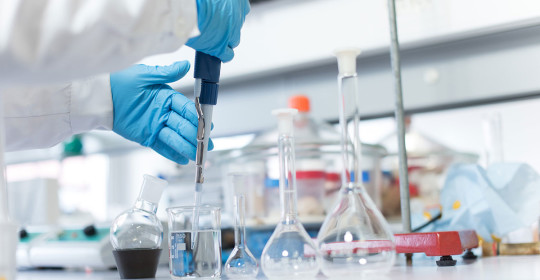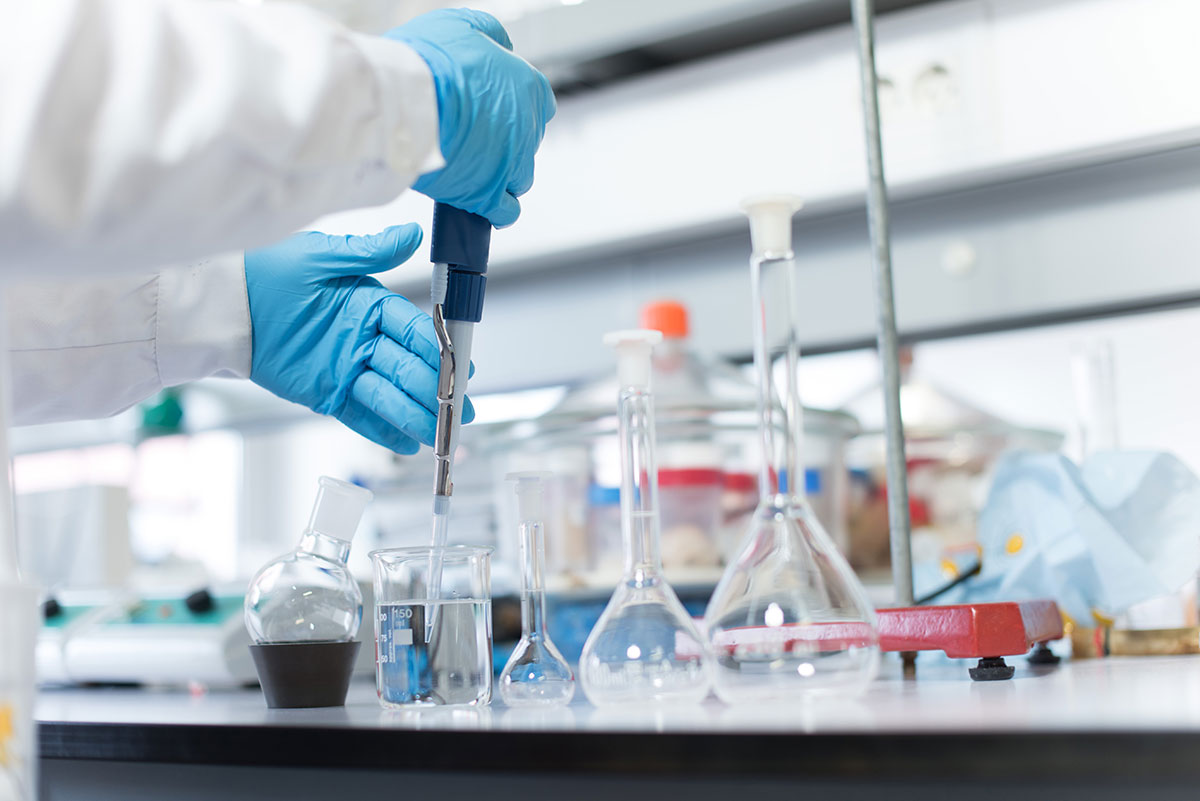
Understanding Laboratory Test

What are lab tests? Laboratory tests are medical procedures that involve testing samples of blood, urine, or other tissues or substances in the body.
Why does your doctor use lab tests? Your doctor uses laboratory tests to help:
- identify changes in your health condition before any symptoms occur
- diagnose a disease or condition before you have symptoms
- plan your treatment for a disease or condition,
- evaluate your response to a treatment, or
- monitor the course of a disease over time.
How are lab tests analyzed? After your doctor collects a sample from your body, it is sent to a laboratory. Laboratories perform tests on the sample to see if it reacts to different substances. Depending on the test, a reaction may mean you do have a particular condition or it may mean that you do not have the particular condition. Sometimes laboratories compare your results to results obtained from previous tests, to see if there has been a change in your condition.
What do lab tests show? Lab tests show whether or not your results fall within normal ranges. Normal test values are usually given as a range, rather than as a specific number, because normal values vary from person to person. What is normal for one person may not be normal for another person.
Some laboratory tests are precise, reliable indicators of specific health problems, while others provide more general information that gives doctors clues to your possible health problems. Information obtained from laboratory tests may help doctors decide whether other tests or procedures are needed to make a diagnosis or to develop or revise a previous treatment plan. All laboratory test results must be interpreted within the context of your overall health and should be used along with other exams or tests.
What factors affect your lab test results? Many factors can affect test results, including:
- sex
- age
- race
- medical history
- general health
- specific foods
- drugs you are taking
- how closely your follow preparatory instructions
- variations in laboratory techniques
- variation from one laboratory to another
More Information:
- Understanding Laboratory Test from NIH
- Collecting Samples for Testing (American Association for Clinical Chemistry)
- Coping with Test Pain, Discomfort, and Anxiety (American Association for Clinical Chemistry)
- Deciphering Your Lab Report (American Association for Clinical Chemistry)
- Helping You Identify Quality Laboratory Services (Joint Commission) – PDF
- How Reliable Is Laboratory Testing? (American Association for Clinical Chemistry)
- How You Can Get the Best Results with Home Use Tests (Food and Drug Administration)
- Putting New Laboratory Tests Into Practice (American Association for Clinical Chemistry)
- Reference Ranges & What They Mean (American Association for Clinical Chemistry)
- Test Preparation: Your Role (American Association for Clinical Chemistry)
- Tips on Blood Testing (American Association for Clinical Chemistry)
- What Do Blood Tests Show?
 (National Heart, Lung, and Blood Institute)
(National Heart, Lung, and Blood Institute) - Where Lab Tests Are Performed (American Association for Clinical Chemistry)
- With Home Testing, Consumers Take Charge of Their Health (American Association for Clinical Chemistry)


Most Commented